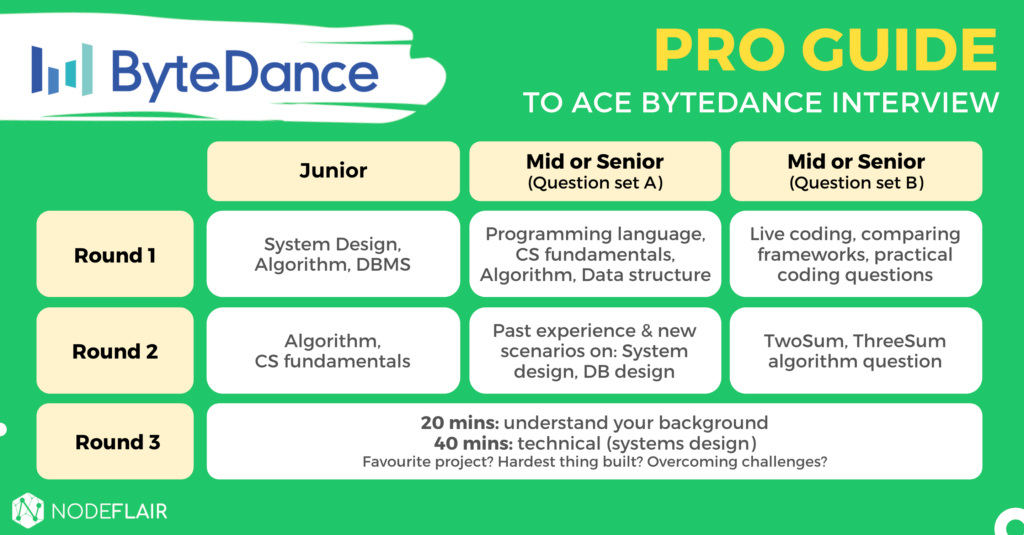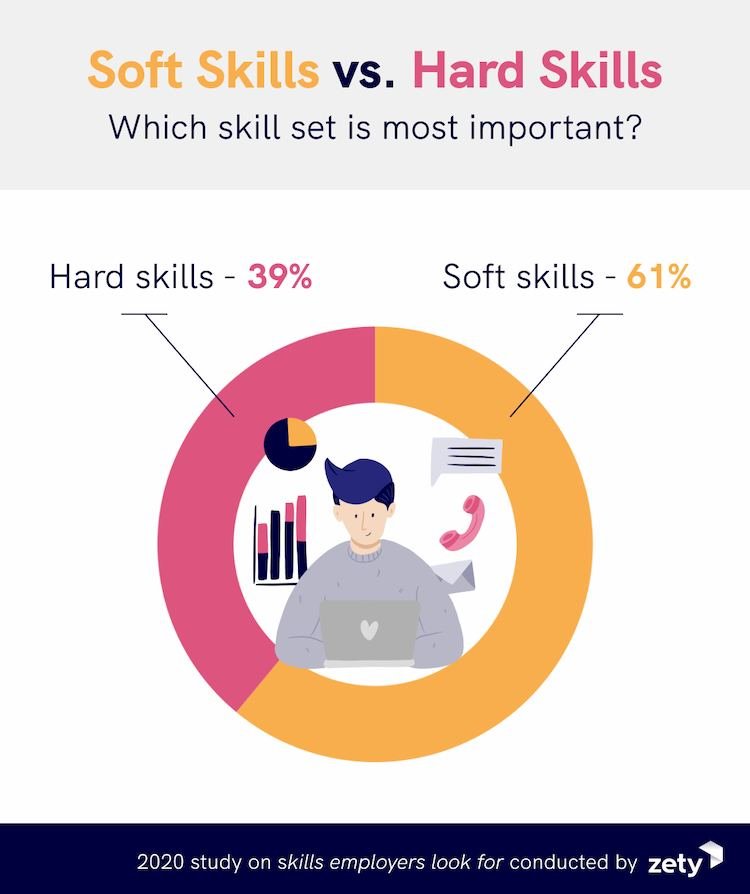Hiring an employee requires insight, consideration, time, and effort—but attracting talented developers to your team is a whole different ball game. You’ll probably have to sift through multiple applications to find the person you want, and your technical interview process can make or break the hiring process.
When structuring technical interviews for job openings, finding the right approach is tricky. Do you copy the top tech companies and hope that their strategy will work for you? Should you choose short or long tests? These are just two of many questions your HR team will have to answer.
Structuring the ideal technical interview is key to attracting talented developers. Here’s how.
What Technical Interviews Are Really For
When businesses hire candidates for job openings, the hiring process can differ depending on the role. For example, candidates applying for writing jobs complete a test before moving forward with the interview. For positions requiring technical expertise, such as IT and software development, a technical interview offers the opportunity to see how a candidate will perform.
Technical interviews allow HR teams to analyze candidates without the everyday pressures of being in an office environment. You can determine whether prospective hires have the knowledge they claim to have in their resume and discover how they’re likely to solve problems.
Imitating Unicorns Won’t Land You Top-Tier Developers
Many businesses in the tech industry turn to Silicon Valley’s finest when they seek inspiration for their technical interviews. Let’s look at ByteDance’s interview process for hiring new employees:

As you can see, ByteDance analyzes several aspects when screening potential candidates for job openings. However, in the same way that many social media giants have adapted TikTok’s short video function for their websites, should you blindly copy ByteDance’s interview strategy?
Well, no. To put things simply, you aren’t ByteDance.
Every company has unique needs, and copying unicorns isn’t a surefire way to succeed. You probably offer a completely different product, and you’re likely to require different expectations and responsibilities from the employees you hire. If you aren’t clear on what those things are, you will ultimately attract people who aren’t a good fit for your business.
How to Structure Your Technical Interviews for Optimal Results
What should you do instead, if copying tech unicorns isn’t the right way to approach the interview process? You’ve got more power than you think when it comes to structuring your technical interviews. Here are five ways to optimize your results
1. Be Clear About Your Expectations
When you’re looking to hire a new employee, it’s necessary to know what you want from that person beforehand. Make sure that your HR team is very clear on what traits and skills you’re looking for. Make a list of the non-negotiables before putting together a second group of things that you’d prefer but aren’t necessary.
Once you’ve set clear expectations, you’ll have a much easier time filtering out candidates that don’t fit your criteria. In today’s tight market, it’s a good idea to reconsider aspects that you think are crucial, such as whether a college degree is 100% necessary for the role.
2. Decide Between Short or Long Tests
When testing prospective employees for an opening, there is some flexibility regarding how to assess them. Some companies choose short tests, which typically involve a single task; use these to get a glimpse of how that individual will fix specific problems on the job.
Some companies, however, opt for longer tests that involve multiple tasks. You might also choose to offer a trial period. Since some prospects will have an off day or not have the opportunity to demonstrate their strengths with a short test, a longer one gives you deeper insight.
There is no right or wrong answer. Determine which test type is better for you.
3. Look Beyond Technical Skills

While hard skills will help get the job done, you don’t want to hire someone who disrupts the equilibrium within your company. If you have not already defined your company culture at this stage, make that your top priority so you’ll know what personality traits the ideal candidate must have.
Soft skills you should consider looking for include:
Performance under stress
Time management
Empathy
4. Ask for Specifics
During an interview, you might hesitate to ask for more details. However, asking questions is vastly preferable to making the wrong decision and entering an unhappy—and expensive—business relationship.
Don’t worry about seeming intrusive; explain to the candidate that you simply require clarity on some points. If they understand (and they have nothing to hide), you can expect the interviewee to elaborate where you feel is necessary
5.Use Technology to Ease Your Work
Hiring new employees, especially developers, is a stringent process—especially with many companies having a wider talent pool than what used to be possible. Fortunately, technology has made it easier to manage workloads and automate different aspects of the hiring phase.
You can use several forms of technology to better screen your candidates and streamline the recruitment process. Automated intelligence, for example, will enable you to sift through applications based on the parameters you set. You can also use software to automate how you track test scores and correspond with promising talent.
Hiring Talented Developers Takes a Lot of Time and Effort
Developers are in top demand, and having a talented team in this field can help take your business to the next level. However, you must compete with some of the biggest businesses worldwide to attract top applicants.
To stand out, choosing an individual technical interview strategy that fits your needs is essential—rather than blindly copying what has worked for other businesses. Know what your business has to offer, adopt technology to help where possible, and set clear expectations about what you want from your candidates.
Through automated intelligence technology, ThisWay® helps match companies with talented professionals from a diverse range of backgrounds. Schedule a demo to learn more.
If you found this article interesting, please share it on social media.









